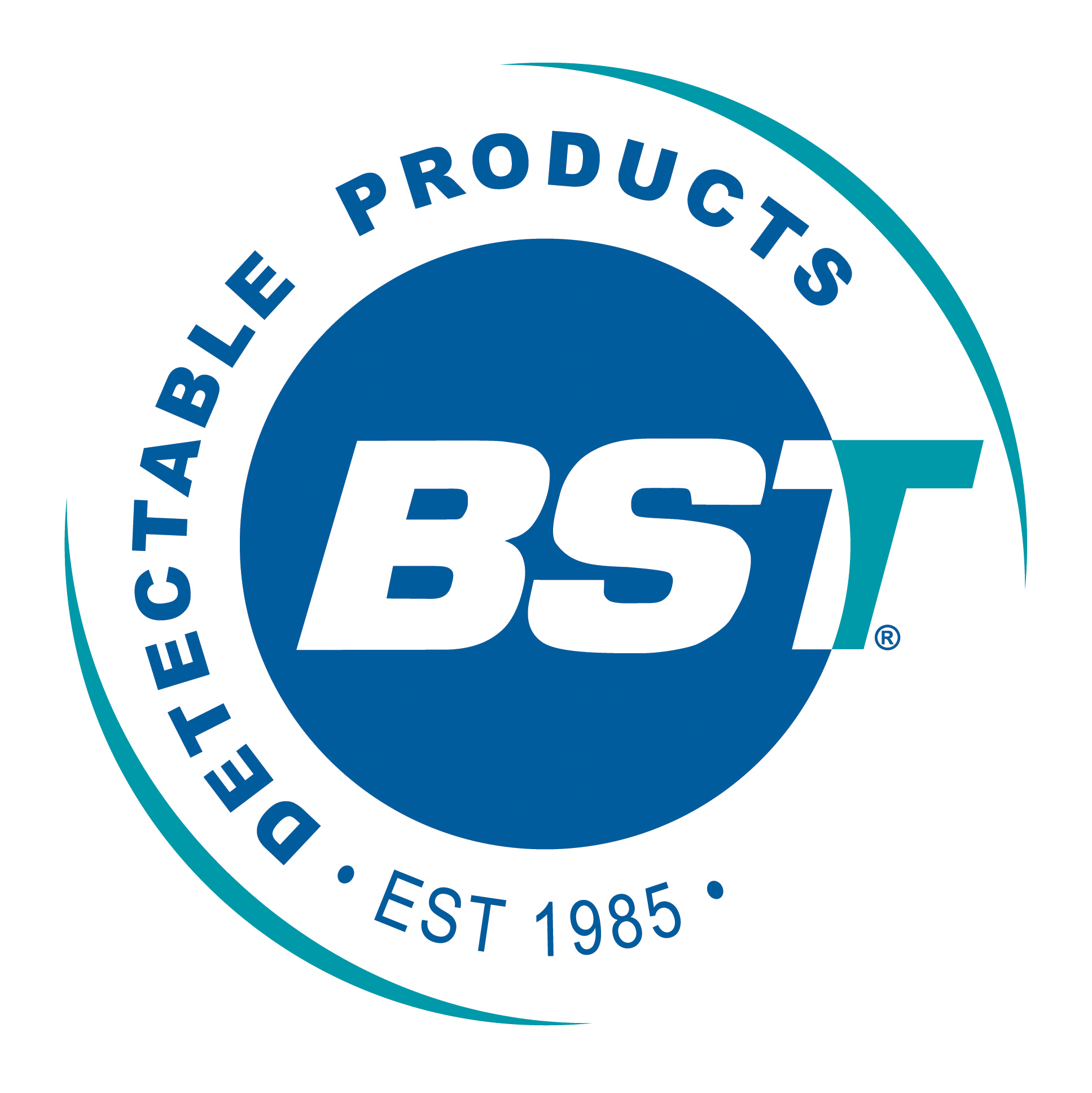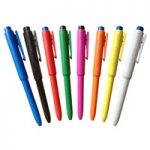Detectable products moving towards mandatory?
Will Anderson, Head of Products & Marketing at BST Detectable Products, talks about the company’s offering. BST Detectable Products are most well known for the BST DetectaPen, a metal detectable, x-ray visible and antibacterial pen which can be found in most food processing environments and preventing foreign body contamination without fuss.
BST Detectable Products were first established in 1985 by Brian S. Teasdale, a former senior engineer at British Bakeries. He was the first engineer to address plastic contamination of food, and the company still bears his initials in their name. Today, the company is led by John S. Teasdale, who has driven growth in the company since taking over from his father in 2002. Today, BST Detectable Products stock over 300 different food safe detectable products, have a team of 21 staff and export to an overseas distribution network covering over 30 countries.
“We hand assemble over 1.6 million BST DetectaPens each year– and still increasing – at our headquarters in Doncaster, South Yorkshire,” Will Anderson, Head of Products and Marketing at BST Detectable Products says. “BST’s core strengths are our commitment to high quality products and materials, as well as our bespoke manufacturing capabilities. Our primary material, BST XDETECT®, has benefitted from years of refinement, making it one of the most durable, colourful and shatter resistant food safe detectable plastics available on the market.”
Detectable products take two main forms, the first being a standard food processing item that is modified to give it detectable properties. This can include hairnets with metal grips, mob caps with foil strips and paper traceability tags with a metal foil core, for example.
The second form of detectable product is a product entirely made from a specially developed detectable material. BST XDETECT® is a polypropylene-copolymer infused with ferrous and high density additives. The ferrous additive is designed to disrupt the magnetic field of a metal detector, whilst the high density additive is designed to show clearly on an x-ray image. The plastic is compounded to a precise formulation, with exactly the right ratios of each additive, resulting in a plastic that is both metal detectable and x-ray visible, whilst retaining the mechanical performance of the polypropylene-copolymer. This mechanical performance is an essential but often overlooked element, since if the finished detectable product doesn’t break in the first place then it is far less likely to end up contaminating the food in production.
“This precisely compounded plastic is moulded by BST into a wide range of detectable products, including pens, scrapers, clipboards, boxes, jugs and numerous bespoke parts as required by our food processing clientele,” says Anderson. “Food processors have peace of mind that their plastic food processing items are safe, display due diligence in preventing contamination and are in compliance with HACCP and BRC procedures. Should an XDETECT® item break or be dropped into food production, fragments as small as 4mm3 can be detected by metal detection or x-ray inspection systems and automatically be rejected from the production line.”
Regulations
From a legislative perspective, it is currently not a legal requirement for food processors to use detectable products. However, detectable products are covered by the same legislation as regular items that come into contact with food. The primary legislation affecting BST XDETECT® polypropylene-copolymer is EU regulation 10/2011 on plastic materials and articles intended to come into contact with food. This regulation requires all food contact plastics to pass a migration test showing that the plastic doesn’t leach chemicals into simulants such as olive oil, ethanol and acetic acid – all of which are present in certain food and drink. As well as being compliant with this regulation, each individual ingredient of BST XDETECT® meets the relevant requirements of EU Framework Regulation 1935/2004 as amended up to 202/2014/EC on materials and articles intended to come into contact with food.
BST XDETECT® is also compliant with the American food contact regulations (FDA), as well as the very high Japanese food contact standards and migration test covering food contact plastics in Japanese food processing environments.
“Supermarket and BRC audits require food processors to display due diligence in preventing the risk of foreign body contamination,” explains Anderson. “A plastic item identified as a high contamination risk will most likely result in an audit non-conformance unless it’s made from detectable plastic. Regulations and audit requirements are constantly tightening and with the increasingly wide availability of detectable products, we can’t see it being too long before their use becomes mandatory in all food processing environments.”
Collaborative research
In 2015, BST Detectable Products have undertaken collaborative research with Anritsu Industrial Solutions. Japanese manufacturer Anritsu has been helping BST to test a wide range of materials using their metal detection and x-ray detection technology.
“Hours of testing, documenting and analysis have enabled BST to build an enhanced understanding of how different materials behave with different inspection systems and different food types,”says Anderson. “This invaluable collaboration has enabled BST to improve their materials, develop new ones and significantly enhance their technical product support in a way that simply hasn’t been done before. And during the 2015 PPMA Awards, BST and Anritsu were ‘commended’ for our partnership.”
This partnership is reflective of a wide change in the industry where food processors are rightly expecting more from suppliers of detectable products. Supplying a durable, fit for purpose food safe detectable product is no longer enough.
Food Processing Articles courtesy of FP Food Processing

